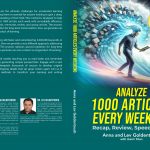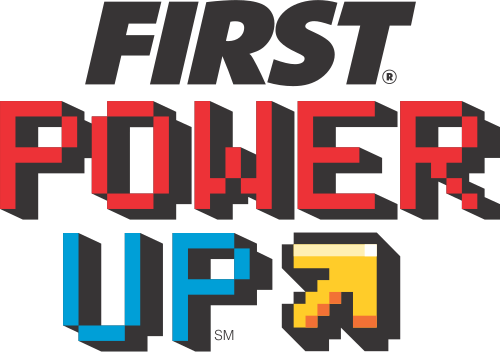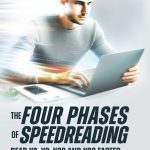We are excited to release a new book on Amazon, Analyze 1000 Articles Every Weekend. This book deals with analysis, systematic creativity, and speedwriting in a systematic way. Transformative Framework for Knowledge Extraction and Synthesis This book introduces an innovative framework for extracting, analyzing, and synthesizing knowledge, redefining traditional approaches to learning and content creation. It …
Continue reading “Analysis, systematic creativity and speedwriting, all in one book”











